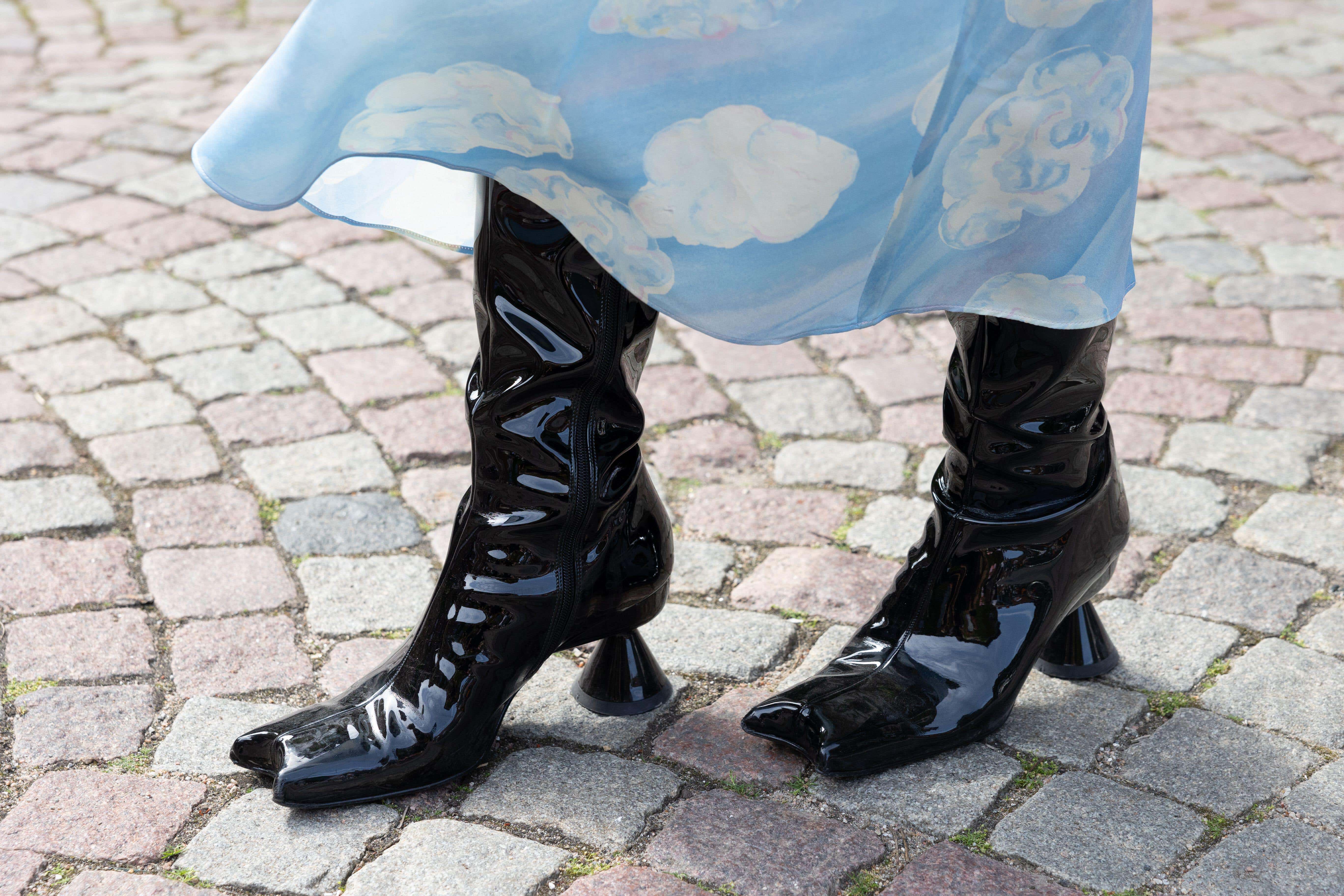At some point during life, everyone may face challenges with their mental health – regardless of age. But while younger people are getting more and more comfortable opening up, there may still be a ‘stiff upper lip’ frame of mind in the baby boomer generation or older. So where should you start?. Remove the stigma. “Usually they were told to suppress their feelings, bury it down and just keep a stiff upper lip or have a cup of tea.
“There is a lot of stigma around mental health in this age category and there can be some really negative terms used to describe anyone who is experiencing difficulties. “Describing someone as having a ‘screw loose’ or going to the ‘looney bin’ if they went to hospital for their mental health is common rhetoric, and this all feeds into the negative terms and stigma surrounding the topic. It’s important to try overcome and change that idea firstly.”.
Have patience with others and yourself. For someone talking about their mental health for possibly the first time in their life, Beck says patience is important. “Whether you’re the one talking about your mental health or you’re having the conversation with someone about theirs, gentle patience and encouragement is needed,” says Beck. “It’s important to slowly encourage the person to say a little more whenever they do open up and make sure to acknowledge and notice their feelings.”.
Have empathy for yourself. “Have empathy and compassion for yourself. We understand it’s difficult to even start thinking about talking about or exploring these areas,” says Beck. “However it is so important to talk. A previous supervisor of mine said, when we suppress our feelings and bury them, we bury them alive – so they are always going to keep coming back to haunt and grab hold of us. “To be fully healthy and alive, we need to acknowledge all of our feelings. Once we express them, we start to gain understanding and we also feel a release.”.
Confide in someone you can trust. Explaining that we can all have different friends for different things – such as the gym, going out or to confide in – Beck says that many people don’t have all of these options. “Particularly people in the older generation, if they feel like they don’t have that friend to confide in, there is another option which could be a counsellor. “This is someone who is going to keep things confidential and you will have that anonymity and safety which can make people feel a lot more comfortable to fully open up and put everything on the table.”.
“Experts agree that when given the opportunity, older people do really well when they engage with talking therapies such as counselling and cognitive behavioural therapy,” says Abrahams. How can we help others open up?. When discussing mental health –especially if its a fresh or an unusual topic, Beck says to approach the conversation normally from the beginning, rather than focusing solely on the mental health aspect.
“If someone has been made redundant recently or retired, you can just say ‘I was thinking of you recently and was wondering what it might be like now that you have had this big change’. “By doing this you’re inviting the person in by reaching out with empathy and also permission for the person to have a think and maybe say ‘Actually yeah, I do feel a certain type of way’.”. “For anyone hard of hearing, a letter may be hugely welcome,” says Abraham.































